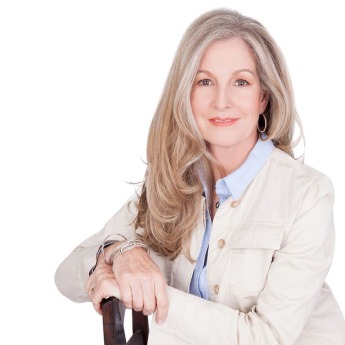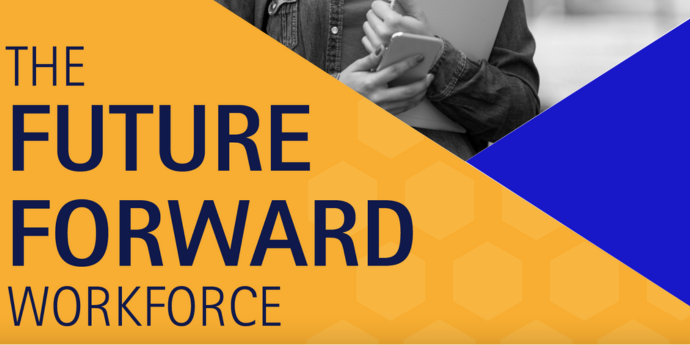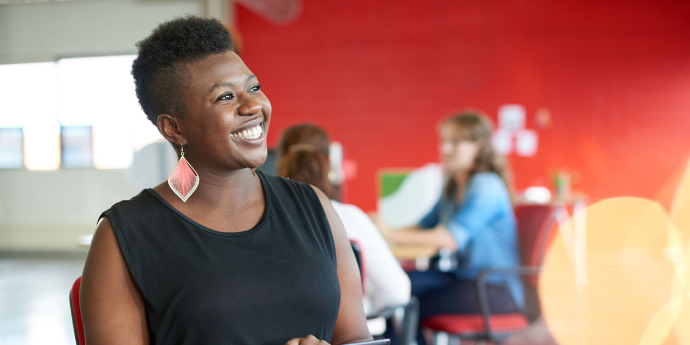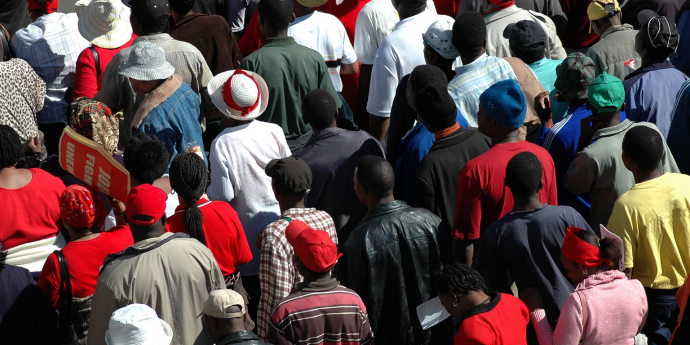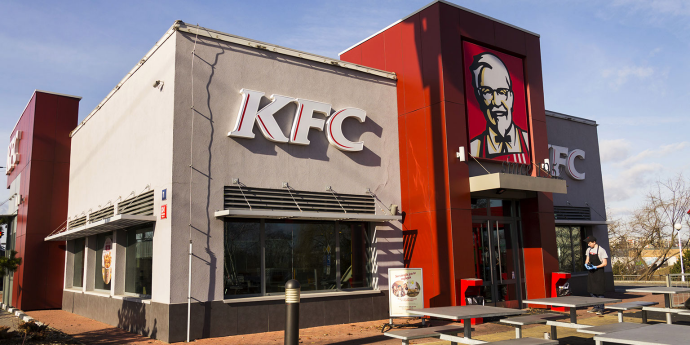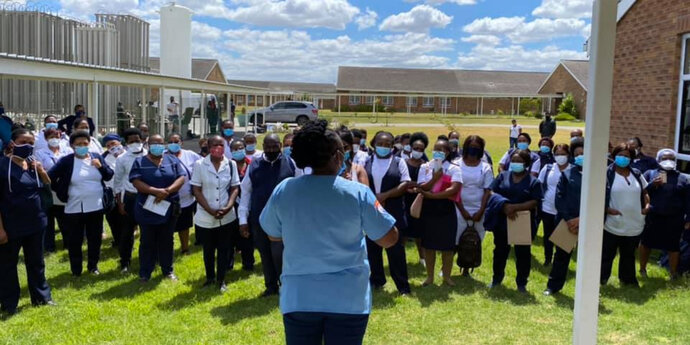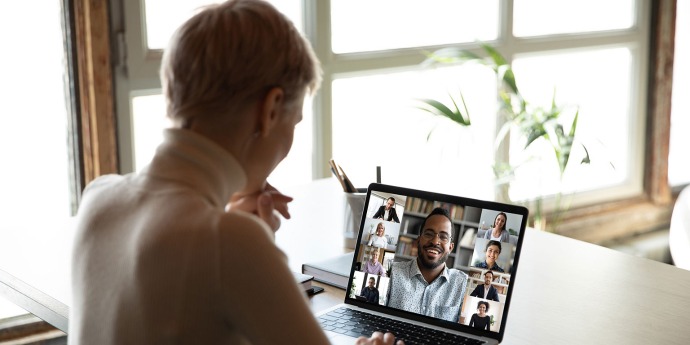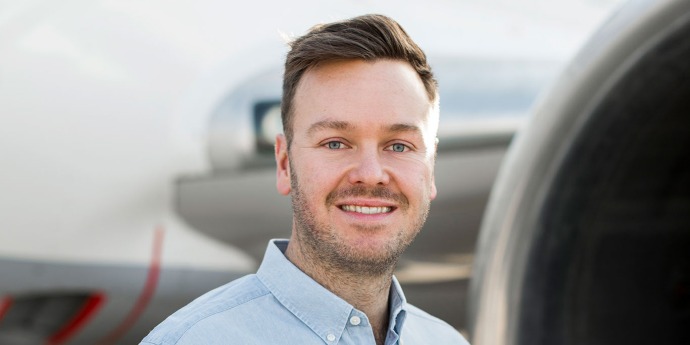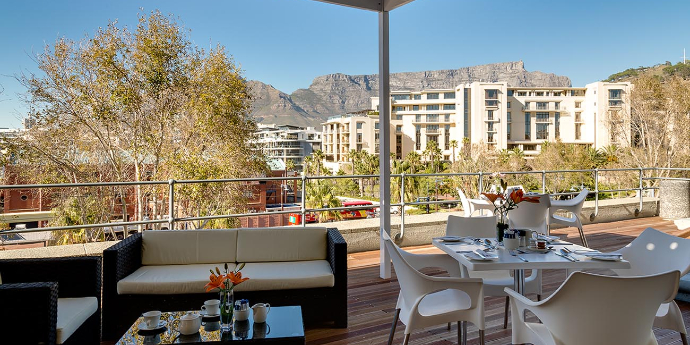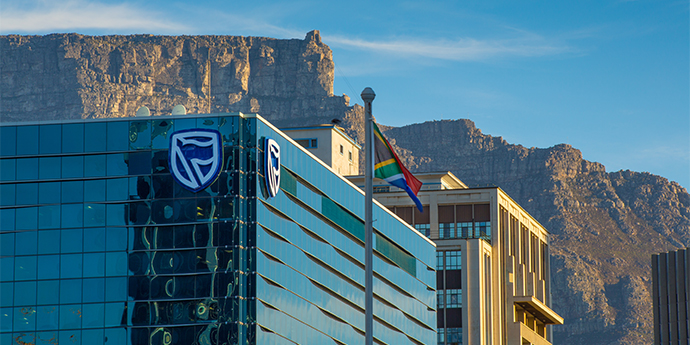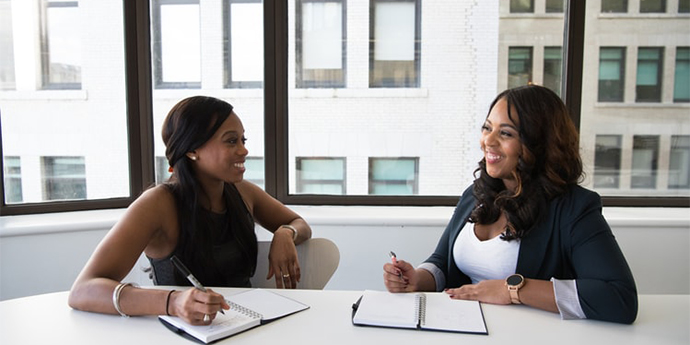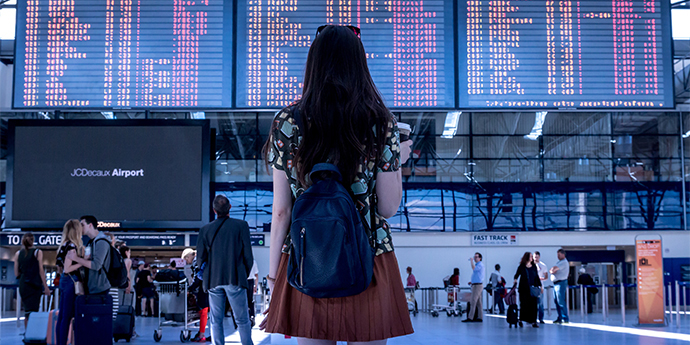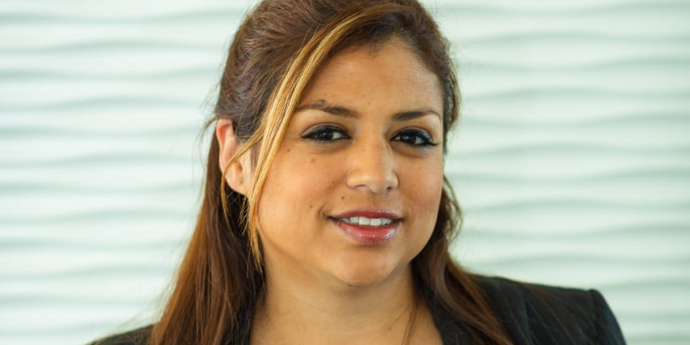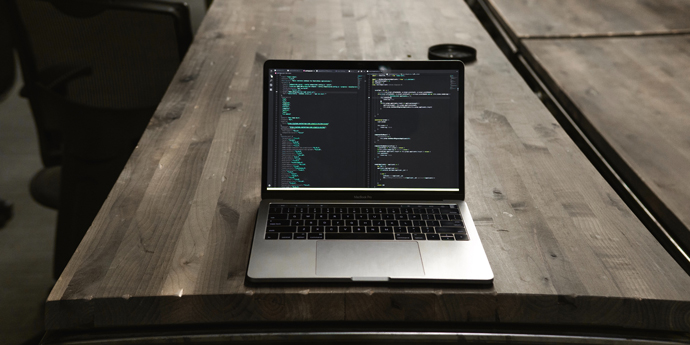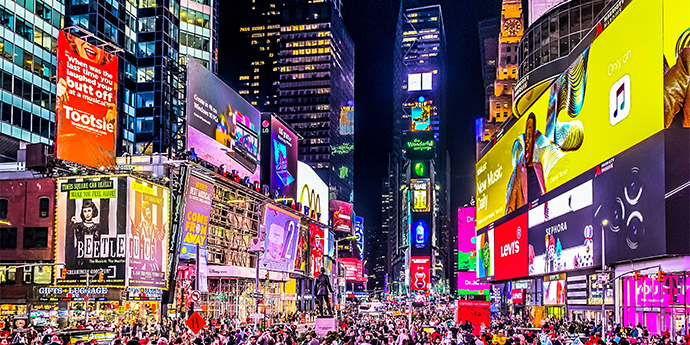Cultivating kindness and empathy could be a leader’s greatest asset in these challenging and unprecedented times.
Anxiety, exhaustion, overwhelm and grief due to personal loss are more prevalent than ever before and these add to the normal workplace stresses. So, when the UK chair of the global accountancy firm KPMG, Bill Michael, told his staff in a meeting recently to “stop moaning” about the pandemic, tensions boiled over. The backlash led to Michael apologising and resigning.
This much-publicised incident showcased perfectly, that in managing the chronic uncertainty that COVID-19 has visited on our lives and workplaces, leaders and executives are being called on to rethink what they prioritise and to embrace more sensitised and empathetic styles of leadership.
Empathy is not always easy to access when you too are subject to similar personal stresses and strains in addition to your leadership responsibilities amidst the rapid pace of change.
On the upside, the current context is challenging us all to step back and ask hard questions of ourselves, our purpose and what we value and how we measure success as individuals, leaders and as businesses. We enter 2021 with a fundamentally altered view of work and society. Mercer’s 2021 Global Talent Trends Study explores how leading organisations are balancing listening and duty of care with agility and digital transformation.
As a leader, are you asking yourself some of these tough questions? Do you see the importance of responding to the new reality with a different mindset and more empathy and kindness?
Then you may want to consider these three tips to help you lead well in these challenging times.
‘Cultivate and role model self-care and compassion
As a business leader the building blocks of your own resilience are forged in an acceptance of what is, self-awareness and practices that enable you to connect with your own emotions and be present to what is needed now. Whilst we may not be able to change the external context within which we find ourselves, treating ourselves with care and compassion offers a foundation for treating others similarly.
For each of us, our practices will be different and depend on our own personal circumstances and preferences. What is common is that we need strategies to rest and switch off our busy brains, create boundaries between work and home, and build in time for activities that energise rather than drain us.
For some this will take the form of mindfulness techniques to be in the present moment rather that caught up in busy mental activity — the seat of anxious thoughts and doubts. For others it will be practising saying no, or a regular exercise regime, or a hobby, time in nature, prayer or relationship connections.
Whatever it is, by prioritising your own wellbeing, you set a good example to those you lead. You acknowledge our common humanity and create the space for others to follow your example.
Cultivate time to think and reflect
With the business landscape ever-changing, much is being made of the need for leaders and their teams to adapt and change. However, it is easy to default to “doing and action” and miss opportunities to re-imagine new possibilities. Doing without reflection often leads to more of the same.
If we are to learn from this time of challenge, then we would do well to heed the late Prof Warren Bennis’ call: “The point … is to use your experiences rather than being used by them, to be the designer, not the design, so that experiences empower rather than imprison.”
Practising critical self-reflection to better understand our mindsets, beliefs and assumptions and how these get in the way of what we are trying to create, will pave the way for more rapid change. The boldness and speed required of business to grow now has more to do with mindsets of what is possible and what people are willing to do, and is less about technical limits, according to this McKinsey article.
Unless we examine the mindset, beliefs and assumptions that underpin our responses to the crisis and our experiences as leaders, we will fail to learn deeply and rise to new challenges.
Setting time aside to reflect may be harder than ever, but now is the time to make this a non-negotiable priority.
What are the opportunities the current crisis presents to you and your leadership? Do you want to be the designer and creator of your future experience or are you content to be the design forged in reaction to the events around you?
Find opportunities for meaningful connection with your people
With the slow roll-out of the South African vaccination programme, it’s unlikely that working conditions will revert to their pre COVID-19 state any time soon, if ever. And so future and current leaders will have to contend with the challenges of managing hybrid teams. One of the key challenges here is to find ways to forge real and authentic connections despite the physical distance between team members.
It is important for leaders to recognise the diversity in their teams and strive towards greater inclusion and recognition of different strengths and viewpoints. This may mean making space for people to bring all of themselves — including their worries — to work.
However, it is also important to strike the right balance between staying in touch with team members’ needs while ensuring they remain productive, and being empathetic but not becoming over involved or immersed in their grief and pain. Clear mutual expectations and boundaries together with accessing extended networks of support available to their teams will lighten the burden for all.
Remote working offers unique challenges to encouraging input from team members with different interactional styles and preferences. Provided leaders recognise the importance of encouraging all voices and realising a one-size fits all approach does not work, they will be better placed to overcome these challenges. Personal, honest and direct communication works best. Less email and more video-conferencing, and creating space for informal connections that build trust and camaraderie will go a long way to building meaningful connections.
At the end of the day, we are all just human and we need the same things. The practices shared here are not new to the executive toolbox, our current crisis has merely demonstrated how urgently they are needed. In seeking to survive the crisis and to rebuild and thrive, organisations will need resilient people from the top of the organisation to the bottom; kindness, compassion and empathy could be the glue that keeps people together as they move forward. As leaders, this should be our priority.
Veronica Royston www.veronicaroyston.com is an executive coach, business psychologist and associate coach to UCT GSB MBA and EMBA students and alumni. Find her on linkedin.com/in/veronicaroyston

